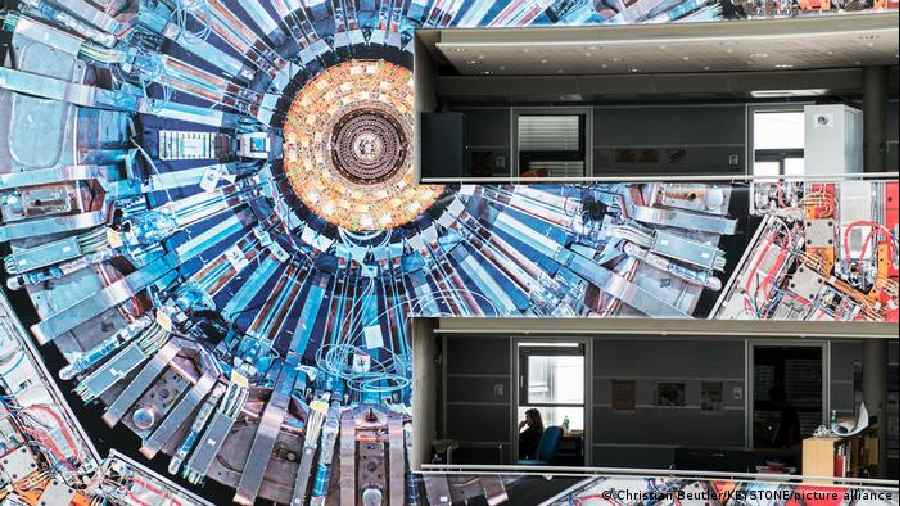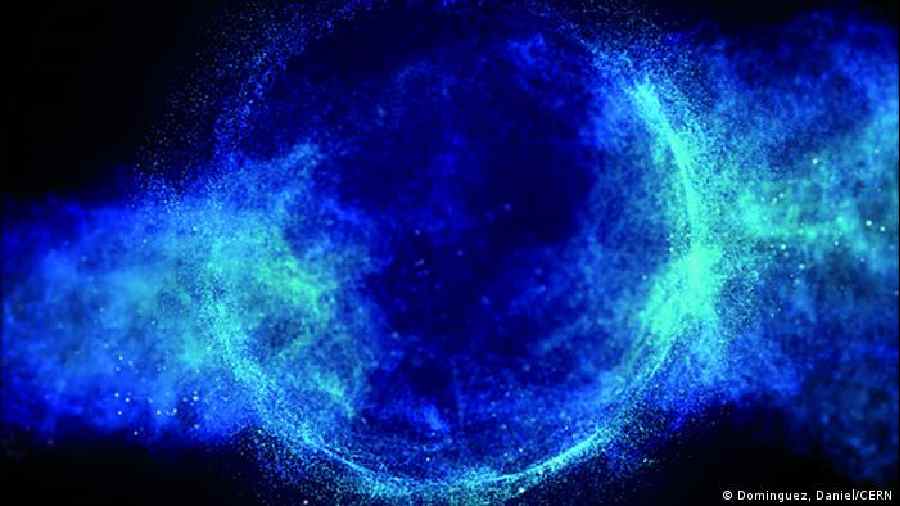Scientists working with the upgraded Large Hadron Collider (LHC) have discovered three never-before-seen particles, the European nuclear research center CERN said on Tuesday.
The world's largest and most powerful particle collider resumed operations after a three-year break for upgrades. The revamped LHC helps researchers analyse 20 times more collisions than before.
CERN researchers said they found a "pentaquark" and the first-ever pair of "tetraquarks" using the upgraded collider.
What does the discovery of the particles mean?
This discovery "will help theorists develop a unified model of exotic hadrons, the exact nature of which is largely unknown," said Chris Parkes, a spokesperson for LHCb, an experiment set up to explore what happened after the Big Bang.
"We're witnessing a period of discovery similar to the 1950s, when a 'particle zoo' of hadrons started being discovered and ultimately led to the quark model of conventional hadrons in the 1960s. We're creating ‘particle zoo 2.0,'" said LHCb physics coordinator Niels Tuning about the new discovery.
A quark is an electron that cannot be broken down into smaller particles. Quarks usually merge in groups of twos or threes to form hadrons, such as the protons and neutrons that make up atomic nuclei — a foundational building block of the universe. These particles usually fall apart quickly and were hard to detect before the LHC upgrade.
The revamped Large Hadron Collider will run around the clock for around four years at 13.6 trillion electronvolts.
"The more analyses we perform, the more kinds of exotic hadrons we find," Tuning said.
Researchers hope to learn more about dark matter, which has previously not been detected. CERN also aims to find out more about the production and decay processes of tiny particles that create matter and antimatter in the LHC.











